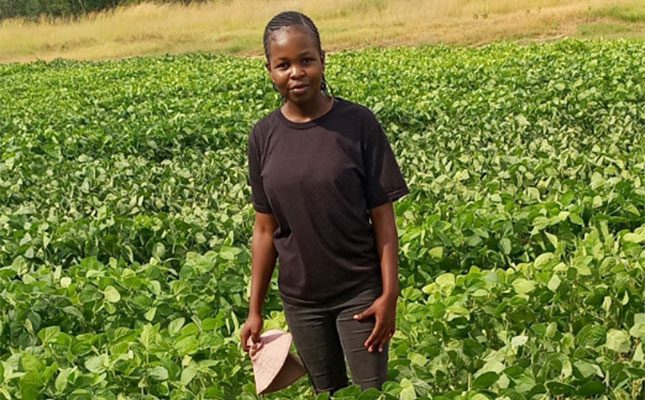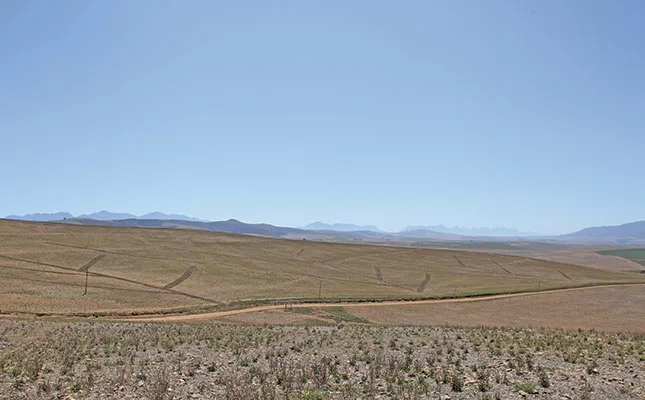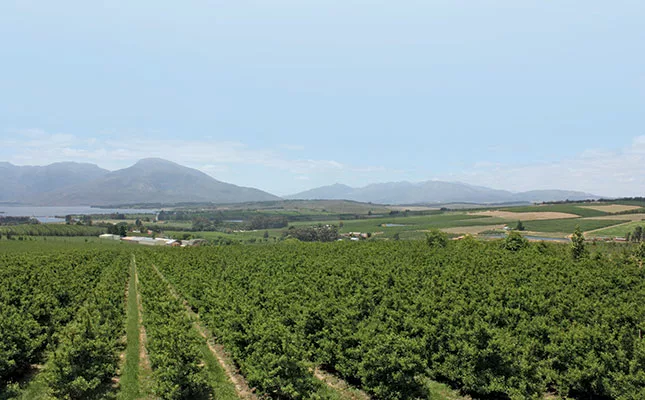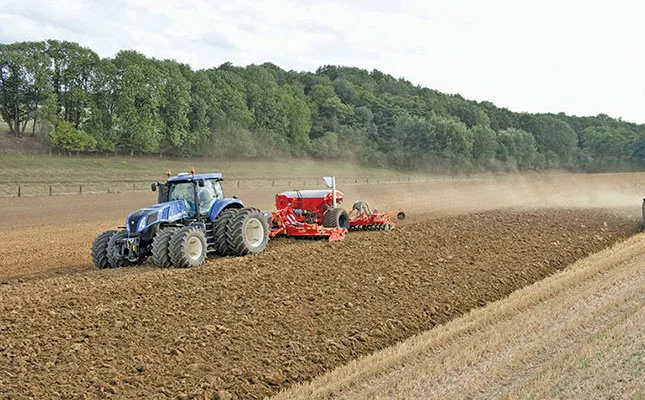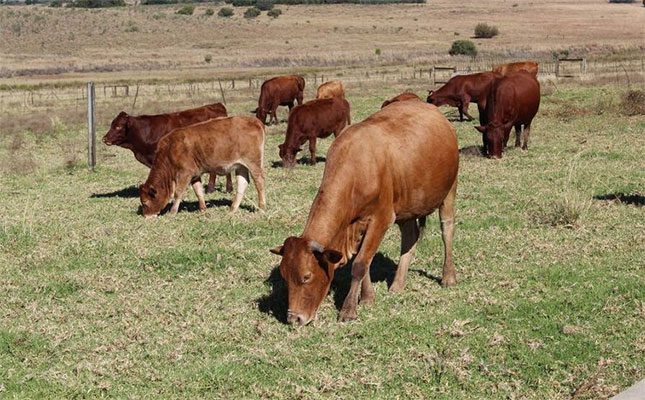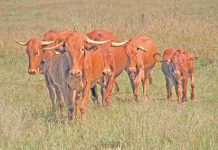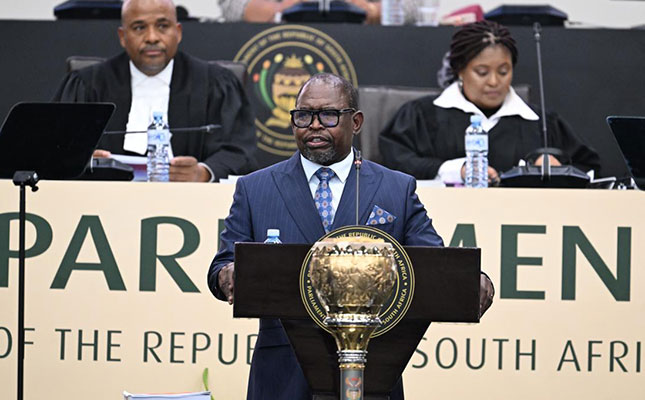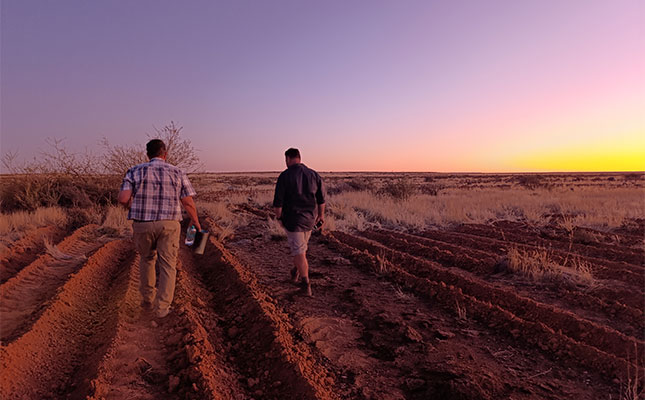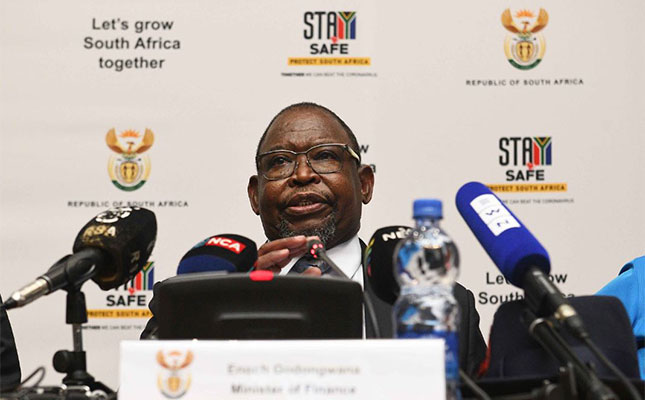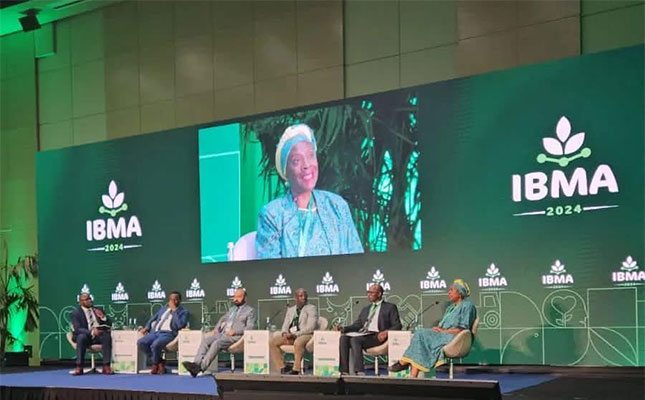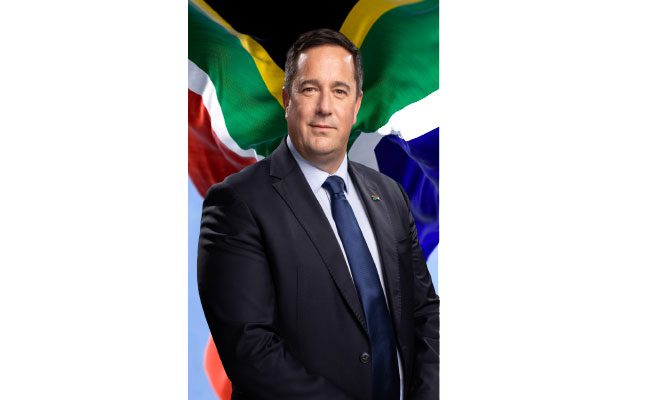
Why did you get involved in politics?
Politics is the arena where you can make a difference to people’s lives and where ideas can become reality.
What is your link with agriculture?
I have no formal link with agriculture, and it is not a requirement to be appointed as a minister. However, I have been interested in the sector for a long time and, as the leader of the opposition, have engaged with the sector and visited various national and regional shows over several years.
Issues such as rural safety, infrastructure and rural economies are just some of the issues I have interacted on in the past.
Agriculture was not your first choice when negotiating the Government of National Unity (GNU). How do you feel about the portfolio now?
Agriculture was not originally on the table, but when it was, we accepted it given the catalytic role it can play in job creation and economic growth.
I am delighted with the portfolio and look forward to doing some great things with the sector to promote and grow agriculture. We have the best farmers and farmworkers in the world, and I look forward to supporting them and helping them grow opportunities.
What have been some of the biggest surprises in your new position?
The absolute willingness and enthusiasm of players in the sector, from small producers to the large commercial players, to assist and get involved.
And your biggest frustrations?
The fact that the [agriculture] department is currently being separated from land
reform, which is a slow process.
Nevertheless, I think it will be good for the agriculture sector to have a minister who is engaged full-time with it. I think that land reform and rural development sucked up a lot of the oxygen and energy, previously.
What is your vision for emerging farmers and transformation?
I would like to see greater participation in the value chain for black farmers and smaller farmers and would like to give them the support they need to become sustainable, viable and profitable.
And commercial farmers?
Commercial farmers need a legislative and regulatory environment that enables them to increase the quality and quantity of their yields and to find expanding markets with higher prices for their produce.
You have inherited a number of issues within the department, such as the Land Bank, Onderstepoort Biological Products (OBP) and various animal disease and market threats. What are your priorities for your term and what legacy would you like to leave?
I have inherited some problems but also some successes. For one, the department has some amazing, talented people.
I intend to deal with the issues as decisively as possible and expand the successes. The legacy I would like to leave is a responsive, well-run department with strong partnerships across the sector and an expanding market for South African agricultural products.
As I’ve previously said, I want to support our farmers, small and large, to be viable, sustainable and profitable.
What will you do about the shortage of veterinarians in the country?
We have announced the creation of another veterinary sciences faculty to try to produce more veterinarians but will have to focus on how we make veterinarians feel more valued and appreciated here, with a conducive working environment, in order to retain them.
And what will you do about OBP?
I am working hard to get OBP back to its former glory. We recently appointed Bethuel Nthangeni as CEO of OBP, and I am keeping a close watch on the turnaround activity.
Some farmer organisations feel that they were left out of negotiations surrounding the Agriculture and Agro-processing Master Plan (AAMP) and that it focuses too much on emerging farmers. How will you include them and what are your plans with the AAMP?
I have said from the beginning that the AAMP is a living document, and that the door remains open for anybody who wants to make inputs to do so.
Because the agriculture sector faces such enormous changes and volatility, the plan must be agile enough to navigate this. I am all ears if organisations have ideas on how to make parts of the plan better.
The tobacco and wine industries are under severe financial pressure, with excise tax and illegal trade exacerbating the situation. What can you do to help?
As this falls under the minister of finance, it will have to be a discussion with him. I have, however, seen data that show that excise duties and taxes eventually hit a Laffer curve effect where they become less effective and, in some instances, counterproductive.
What plans do you have to improve disease surveillance and management in the country?
It is essential to get on top of animal and plant diseases that affect the sector, so we are launching a new era of biosecurity that will focus on the entire country: from farms to ports of entry and from feedlots to abattoirs.
Improved biosecurity and phytosanitary practices will massively boost our opportunities to expand existing markets and open new ones for South African agricultural products.
It will also be essential to introduce a track-and-trace system for the movement of livestock in the country that will improve biosecurity and assist in combating stock theft. Biosecurity is everybody’s responsibility and needs to become a culture in South Africa.
What are your priorities for export markets?
To expand and maximise on existing trade relationships, as founded on existing trade agreements with the US, the EU and China.
Simultaneously, we want to seek new markets on the continent and abroad for South African agricultural products. Stimulating the demand side will create more jobs in the sector and lead to much greater economic activity and inclusive growth.
Over the past few weeks, you have emphasised the importance of protecting agricultural land against industrialisation and mining. How do you feel about the subdivision of land for transformation purposes?
I think that while we are busy doing what we must to ensure that the sector is more inclusive and offers space for previously disadvantaged players to enter the market, we should be circumspect about how we divide agricultural land.
It would be a mistake to take a larger farm that is economically viable, sustainable and profitable and divide it into uneconomic units that are not. That would be setting up the recipients for failure and would weaken our own food security.
I think we need to rather focus on how we can make new entrants viable, sustainable and profitable as quickly as possible.
How will you juggle your leadership of the DA with your ministerial responsibilities?
It is a juggling act, but all leaders of political parties in the GNU are in the Cabinet.
@farmersweeklysa Minister of Agriculture @John Steenhuisen outlined his key priorities for the next five years. Read the full interview in the 20 September issue of Farmer’s Weekly. #FarmersWeeklySA #agriculturetiktok #farmingsouthafrica #johnsteenhuisen #5yearplan #farmersupport #biosecurity #partnerships #agfinance ♬ original sound – Farmer’s Weekly SA

